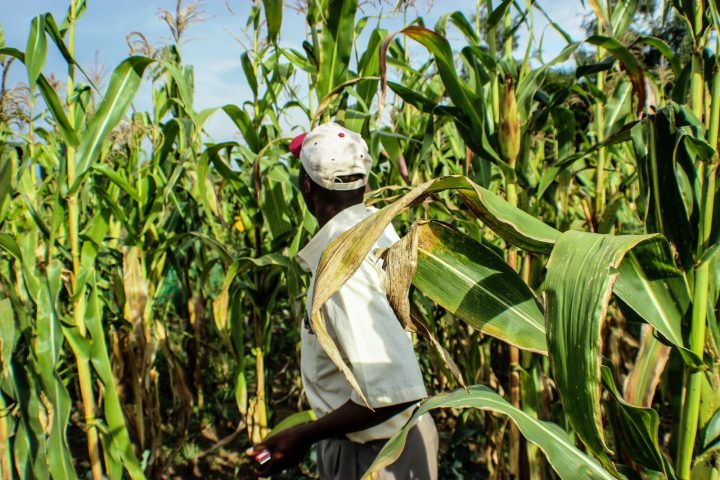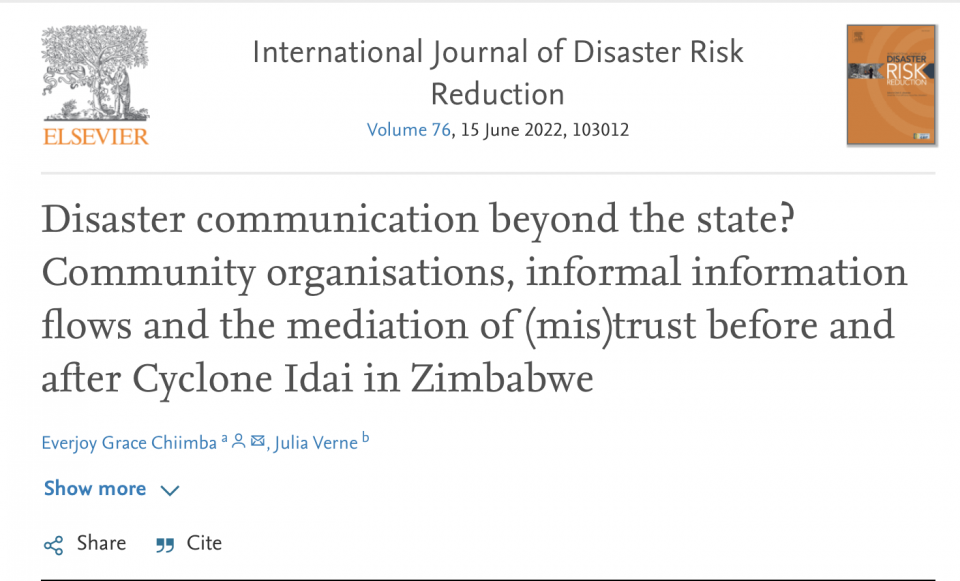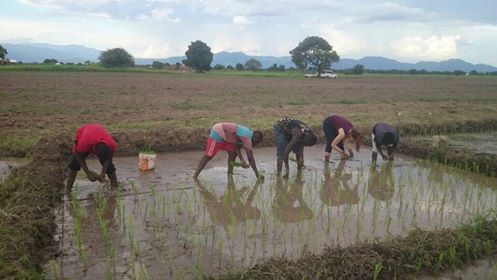New publication on “Sensing weather: scientific and experiental modes of knowledge production for small-scale farming in western Kenya” by Julian Rochlitz

Agriculture depends in large part on relations with weather phenomena, such as rain and temperature. Anticipatory knowledge about the atmosphere therefore is vital in agricultural livelihoods. Based on an ethnographic case study of weather forecasting for small-scale farming in western Kenya, in this paper I discuss different ways in which knowledge about the future weather is produced. While development organizations promote expert forecasts that draw on meteorological sensing technologies as a solution to dealing with climate change, I show how knowing the weather is an entangled affair in a sensory assemblage that simultaneously draws on scientific instruments and on other entities such as animals, plants, clouds and embodied sensoria associated with experiential knowledge. Building on concepts related to science and technology studies that address the relations between humans and nonhumans, I suggest to treat scientific and experiential devices symmetrically by looking at their more-than-human sensoria, proxies and imaginations to understand how farmers attune to the weather. In practice, then, navigating the uncertainties of the weather is not enabled by scientific meteorology alone, but by combining different sensory devices and practices of interpretation that together mediate the weather as something to be known and acted upon.
Rochlitz, J. (2023): Sensing weather: scientific and experiential modes of knowledge production for small-scale farming in western Kenya. Geogr. Helv., 78: 87-98. https://doi.org/10.5194/gh-78-87-2023


